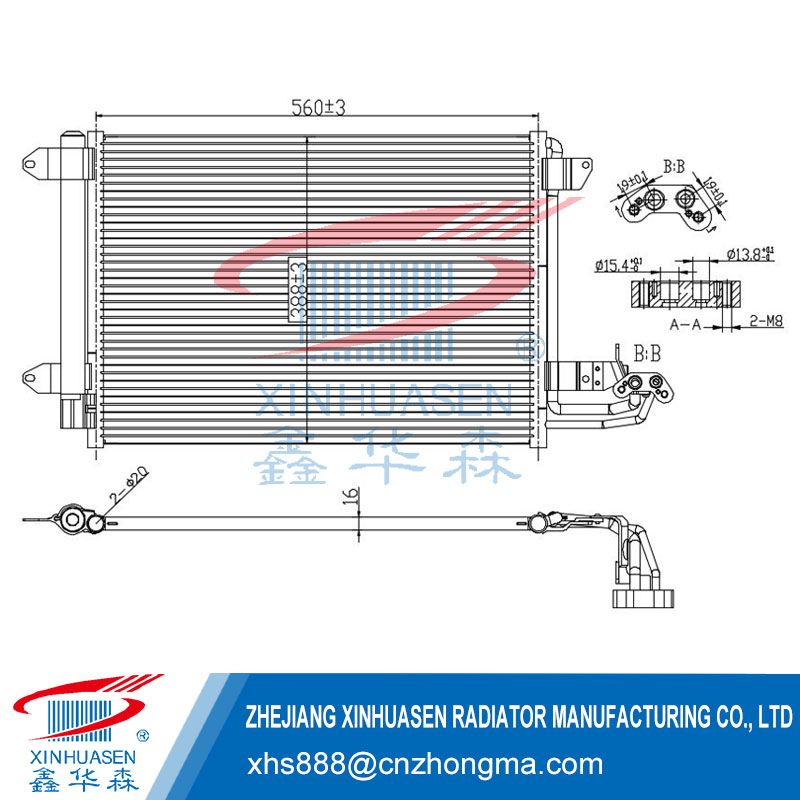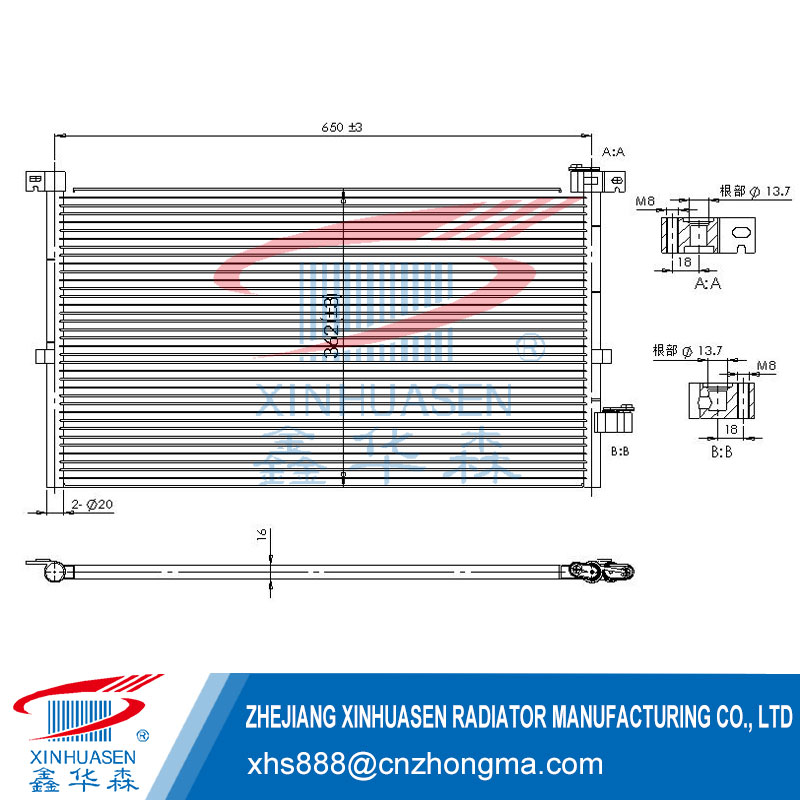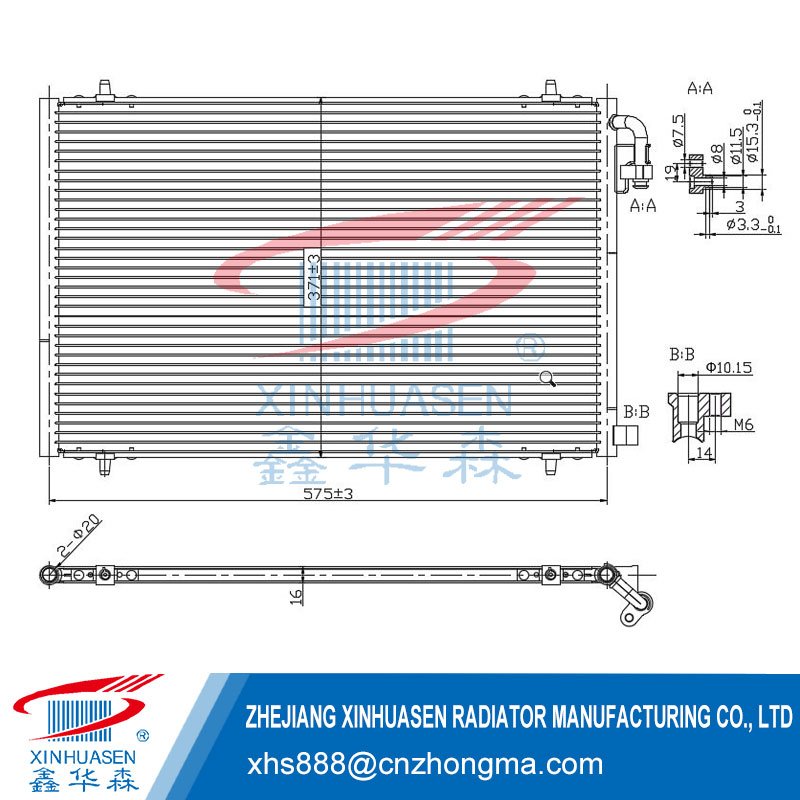The reasons for oil cooler leakage can be attributed to the following aspects:
1.The oil radiator is clogged: When the oil radiator is clogged, the pressure of the engine oil will increase abnormally. This high-pressure condition may cause pressure damage to the oil radiator, causing it to leak oil.
2.Sealing problem: The oil radiator itself may have poor sealing problems. This may be caused by aging or damage of the seal, or excessive tightening or loosening of the bolts during assembly or maintenance. A loose seal will cause oil to seep out of the radiator, causing oil leakage.
3.Effect of temperature difference stress: Due to the large temperature difference stress between the condensation tubes and the tube sheet of the oil cooler, long-term use may cause the heat exchanger pipes to become thinner. When pipes become thin enough, they may rupture at weak points, causing leaks.
4.Gas erosion and corrosion: At the gas inlet of the oil cooler, if the water vapor content is high, the gas flow rate is large, and the temperature is high, these factors will directly flush the tubes. Long-term erosion will cause the tubes to become thinner and leak. In addition, if nitrogen oxide gas is used, the temperature will drop once it enters the oil cooler, and condensation acid will be generated at the same time. This acid can corrode stainless steel at higher temperatures, exacerbating oil cooler leaks.
The above are all possible causes of oil cooler leakage. In actual operation, troubleshooting and repairs need to be carried out according to specific conditions to ensure the normal operation of the oil cooler.







